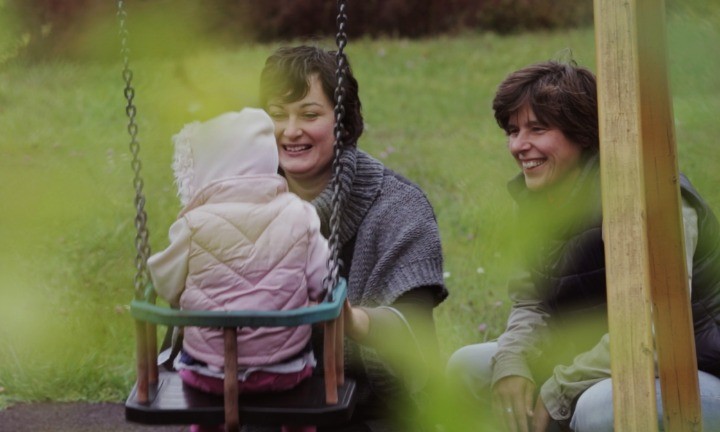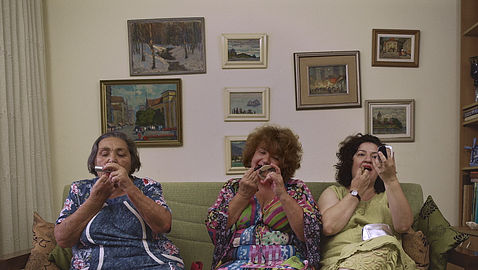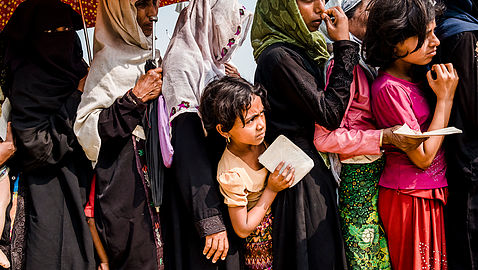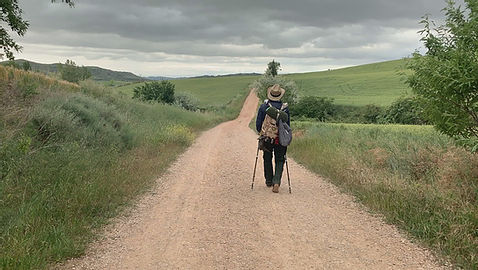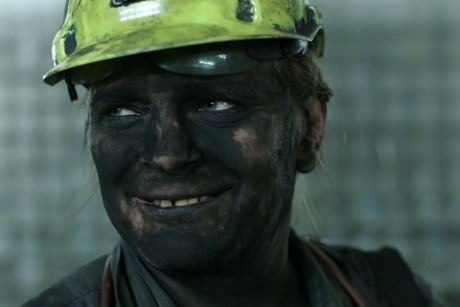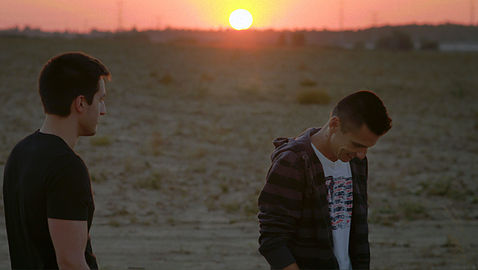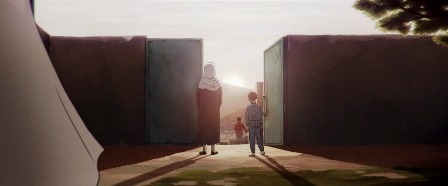


The Blunder of Love & Bless You Awarded
The winners of the Doc Alliance Awards have been announced on 13 July at Cannes Docs, the documentary-focused industry programme of the Cannes Film Festival. Doc Alliance is a network consisting of seven of the most influential European documentary film festivals, each of which nominated two films for the awards.
This year’s Doc Alliance Award — Best Feature Film went for the first time to the category nomination by DOK Leipzig: “The Blunder of Love” by Rocco Di Mento, which competed for the Audience Award at the festival in 2020. In his search through family archives, Rocco Di Mento unearths old 8mm home movies, an unpublished novel, various love letters and a whole host of long-suppressed feelings – a mixture that begins to develop a dynamic of its own. The issue becomes not just about the search for the love of one’s life, but also the question of what holds people together beyond their relationship status and degree of kinship.
“‘The Blunder of Love’ is simply gripping and ingeniously constructed,” says DOK Leipzig programme coordinator Lina Dinkla about the festival’s selection. “Rocco Di Mento tells his personal family story, but it is also a universal contribution to subjects such as shaky family truths in which almost everyone can find themselves.”
The awards jury also praised the filmmaker’s “charming curiosity that evolves into a genuine deconstruction of myth and a discrete revelation of family secrets and trauma and how it is passed on from generation to generation.”
The Doc Alliance Award – Best Short Film went to Tatiana Chistova for “Bless You!”, which was nominated by Millennium Docs Against Gravity. Against the backdrop of Saint Petersburg’s back courtyards during the Corona lockdown, Chistova fuses recordings of the almost empty city with calls to a municipal hotline, highlighting that in a system that neglects its weakest members, the virus is not the only threat. DOK Leipzig con- gratulates the filmmaker, who also competed for the Short Film Audience Award at DOK Leipzig with the film in 2020.
The Doc Alliance Award was presented for the first time in 2008. Members of the Doc Alliance network include: CPH:DOX, Doclisboa, Millennium Docs Against Gravity FF, DOK Leipzig, FIDMarseille, Ji.hlava IDFF and Visions du Réel. Each of the festivals have traditionally chosen one feature-length film and, for the first time this year, one short (up to 30 minutes) by an emerging filmmaker from their most recent lineup. The Doc Alliance Award – Best Feature Film and Doc Alliance Award – Best Short Film prizes are endowed with 8,000 EUR for the directors to spend on their next project. Additionally, each of the Doc Alliance festivals has committed to screen at least 3 films among the selections at their upcoming editions.
Simultaneously with the award ceremony on 13 July, the new joint website docalliance.org was launched to highlight the network and its festival members.
“The Blunder of Love” and “Bless You!” will be available on the DAFilms. com platform until 18 July, 2021along with a selection of the other nom- inated films.
PRESS RELEASE DOK Leipzig 13 July 2021
